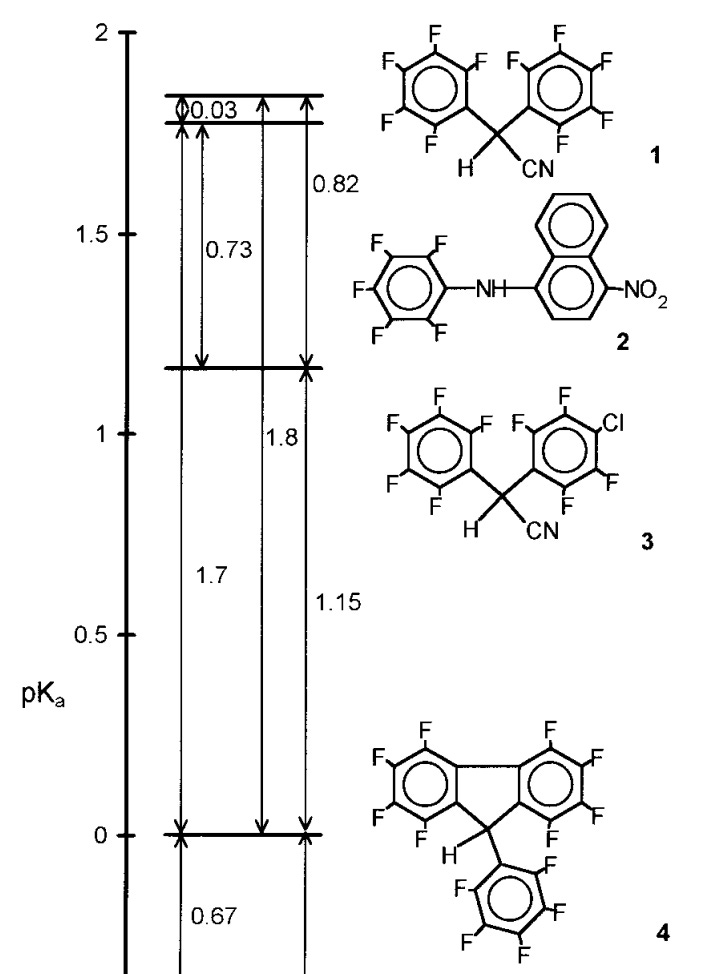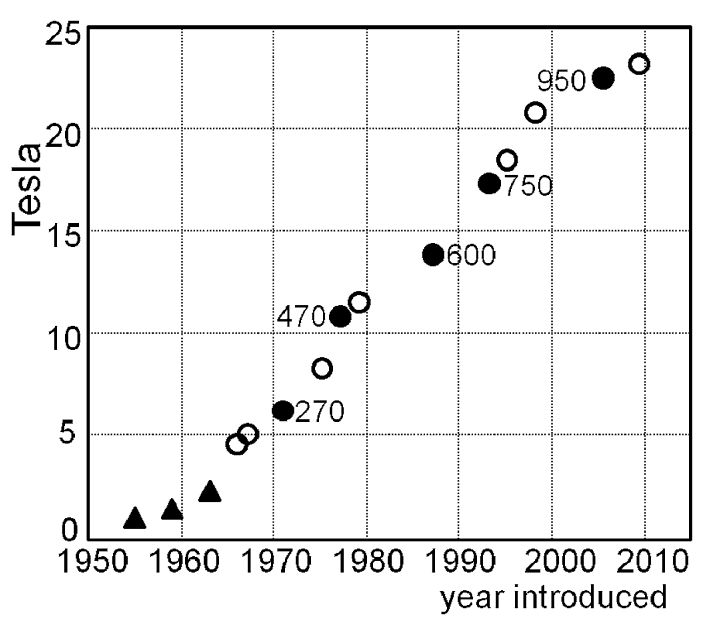
In the course of preparing a literature meeting on post-Hartree–Fock computational methods last year, I found myself wishing that there was a quick and simple way to illustrate the relative error of different approximations on some familiar model reactions, like a "report card" for different levels of theory.





